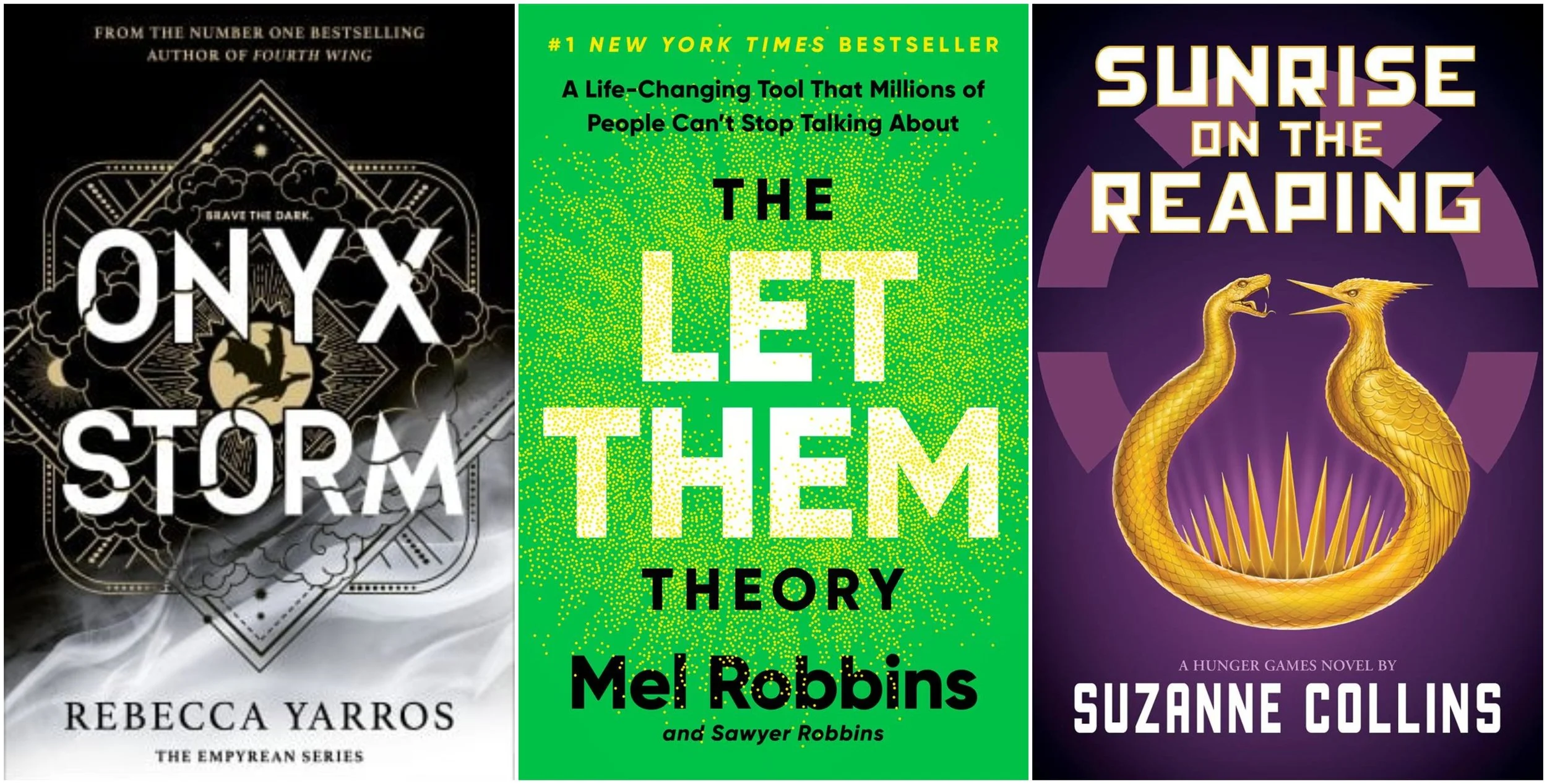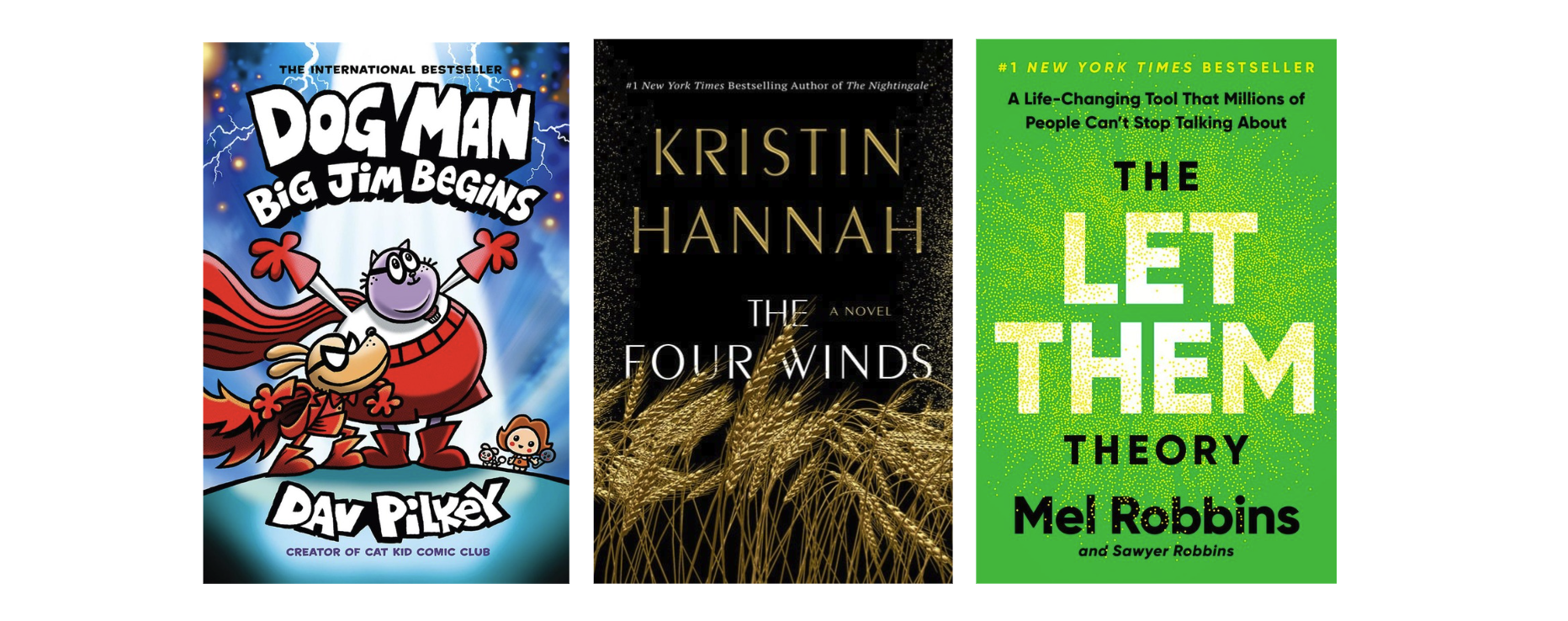In recent correspondence, a publisher asked “Is this related to issues like Key Selling Points in ONIX 2.1 no longer being included in ONIX 3.0?” Subsequent emails clarified that the publisher knew how to present Key Selling Points in ONIX 3.0, but they didn’t find consistency in retailer uptake on what they provided when delivering 3.0.
Before I review the agreed on answer, let me extend an invitation: If anyone out there in the Canadian publishing supply chain (or beyond)
thinks ONIX 3.0 doesn’t support something they can provide or get in ONIX 2.1,
finds that senders or end users are inconsistent in using data you provide in ONIX 3.0 (as either data you had consistent support for in 2.1 or new data that you’ve started to supply), or
has an ONIX metadata problem you can’t solve
you’ve likely identified a problem in the transition from ONIX 2.1 to 3.0. Let us know about it. We’ll publish an ongoing series of short blog posts as a way to focus and inform our metadata education programming.
First let me state that in addition to the many new and wonderful things available for use as metadata in 3.0, this version can support everything you can communicate in 2.1. That being said, ONIX 3.0 is not identical to 2.1 — the data’s placement will have changed and about 40% of the data is expressed differently. You may need to tweak the mapping from your dataset to respond to these differences.
Getting other companies to use data is a harder nut as high value metadata often appears in low volumes in aggregated datasets so retailers may not realize that it’s there. Telling them you support it is a good first step, but telling us and letting BookNet promote its use is a great second one.
Key Selling Points
This data point is normally provided as a description to be used by the sales force — a succinct statement of what retailers need to know about this book — what will make it sell and who will buy it.
Both ONIX 2.1 and ONIX 3.0 support the data point as a XHTML enabled text block.
ONIX 2.1 supports the data point using the PR.15 “Other Text” section using the ONIX 2.1 only code list 33 with <TextTypeCode> / <d102> using code “25 Description for sales people”.
ONIX 3.0 supports the data point using Block 2 Marketing Collateral Detail’s P.14 “Description and other support text” section using two ONIX 3.0-only code lists:
Code list 153 <TextType> / <x426> using code “03 Description” (length unrestricted)
Code list 154 <ContentAudience> / <x427> using code “02 Booktrade”
Expanded explanation
ONIX 3.0 supports a simplified “Text Type” code list supported by a second code list to define the specific group that should get it.
The normal default audience is “00 Unrestricted”. Codes like “02 Booktrade”, “04 Librarians”, “05 Teachers”, “06 Students”, “07 Press”, and so on designate specialized groups who might need their own description or book biography that focuses on their needs.
We would recommend talking to trading partners about their needs before investing heavily in discrete support for all types of marketing material for each individual group, but there are List 153 Text Type codes for things like “21 Digital exclusivity statement” or “22 Official recommendation” that would likely only make sense for a more specific audience.
Retailers looking for material for online display on a site intended for consumers should use “00 Unrestricted” or “03 End-customers” and consider carefully about displaying every Text Type code indiscriminately. The Audience code should be used as a guide for what consumers need to see.
Material that requires a strict restriction should be designated using code “01 Restricted”, defined by EDItEUR as “Distribution by agreement between the parties to the ONIX exchange (this value is provided to cover applications where ONIX content includes material which is not for general distribution).” It should NOT be displayed without an agreement — data senders should NOT expect strict enforcement for codes other than “01 Restricted”.
A library wholesaler’s website would display the librarian description, but wouldn’t be responsible for ensuring only librarians could access it.
A retailer might choose to display to consumers an Index entry provided for Librarians if they thought it would aid sales. That’s an unlikely example, but the point is ONIX metadata is there for thoughtful use and it’s ultimately the end user's decision who their audience is.
Sign up for our weekly newsletter to stay on top of all the future instalments of this series. And if you have questions for us, please drop us a line. We’re always happy to talk Standards!













Meet Erum, our new Marketing & Research Associate!